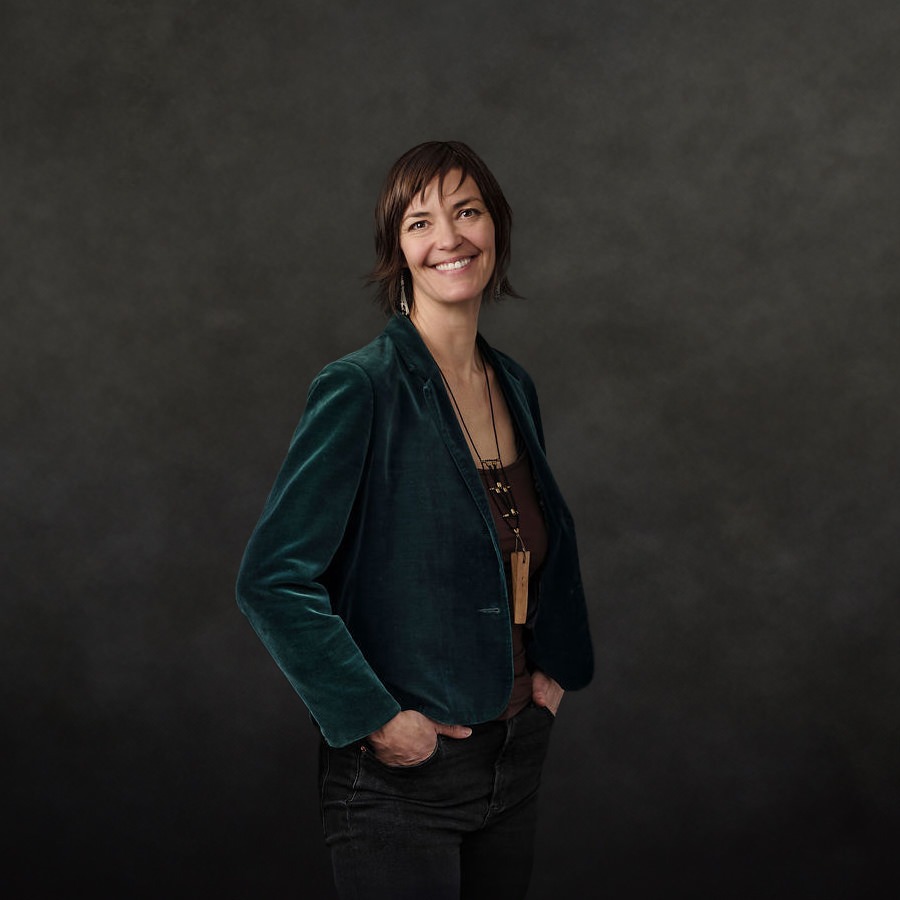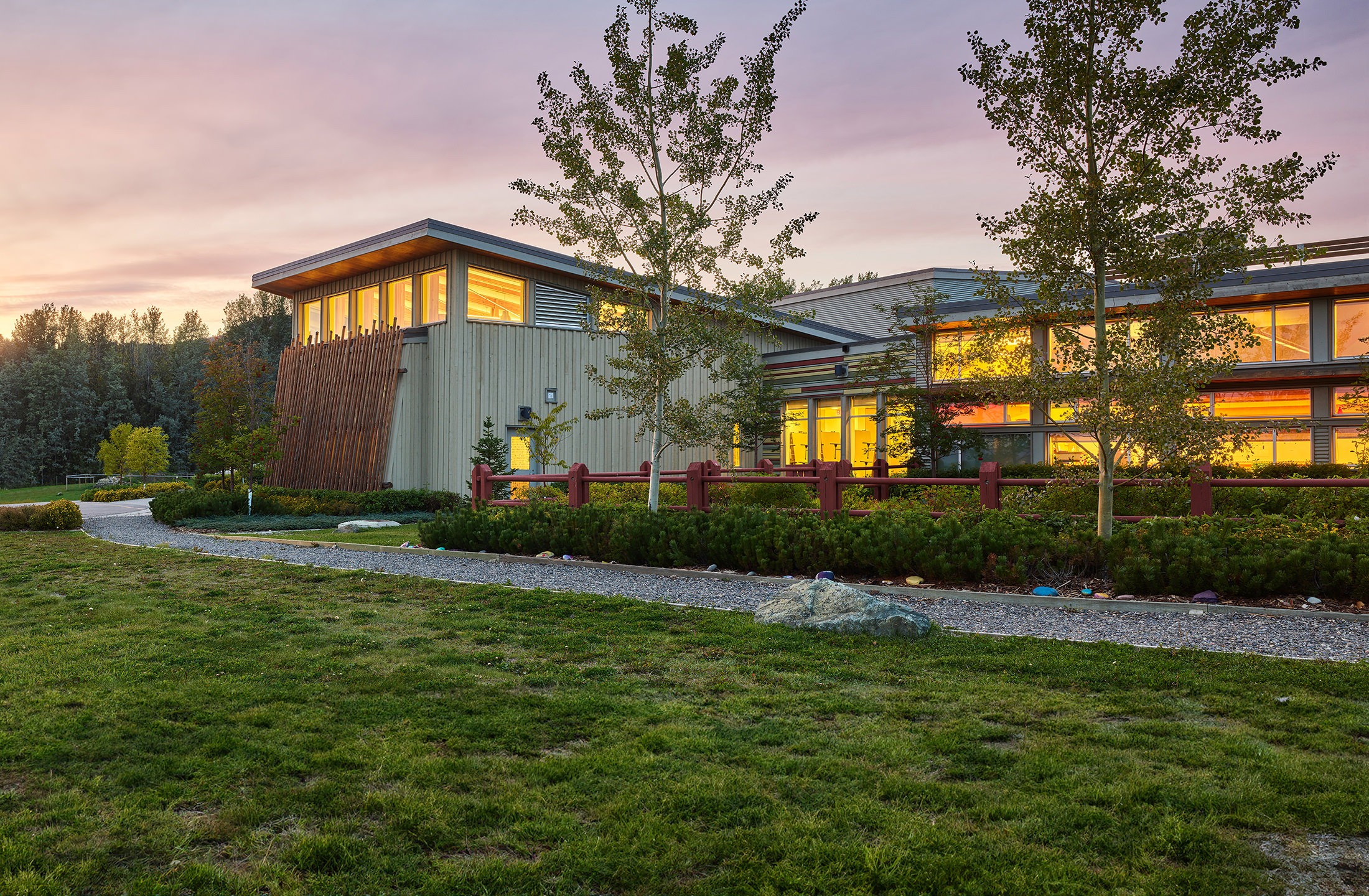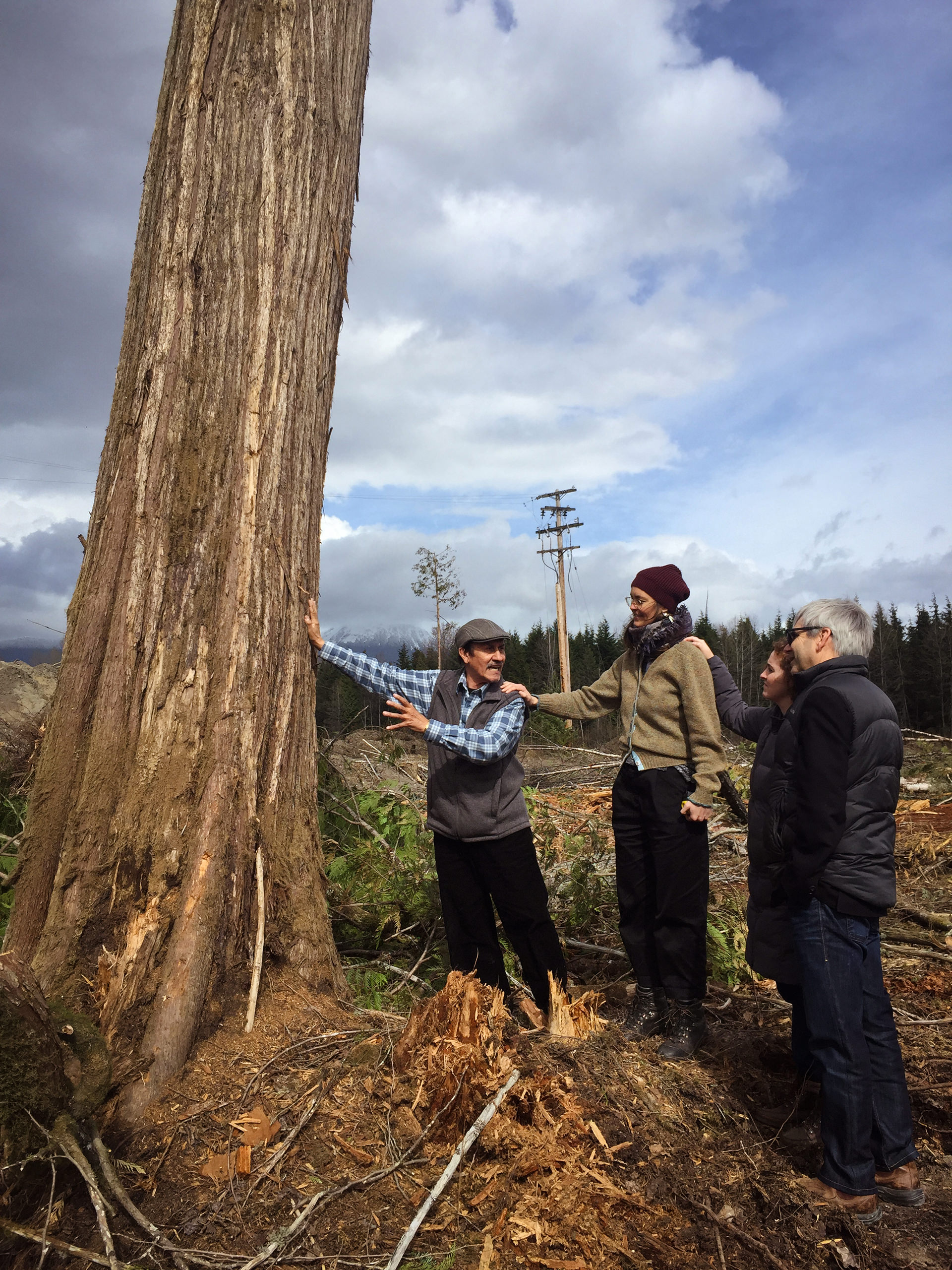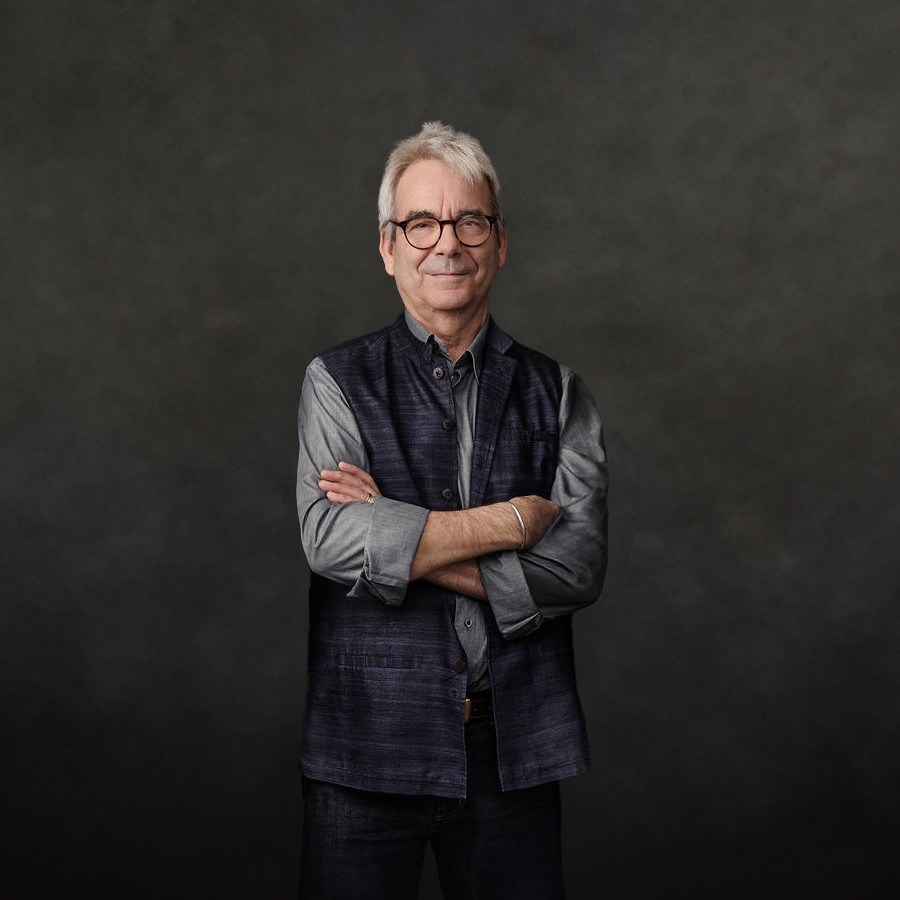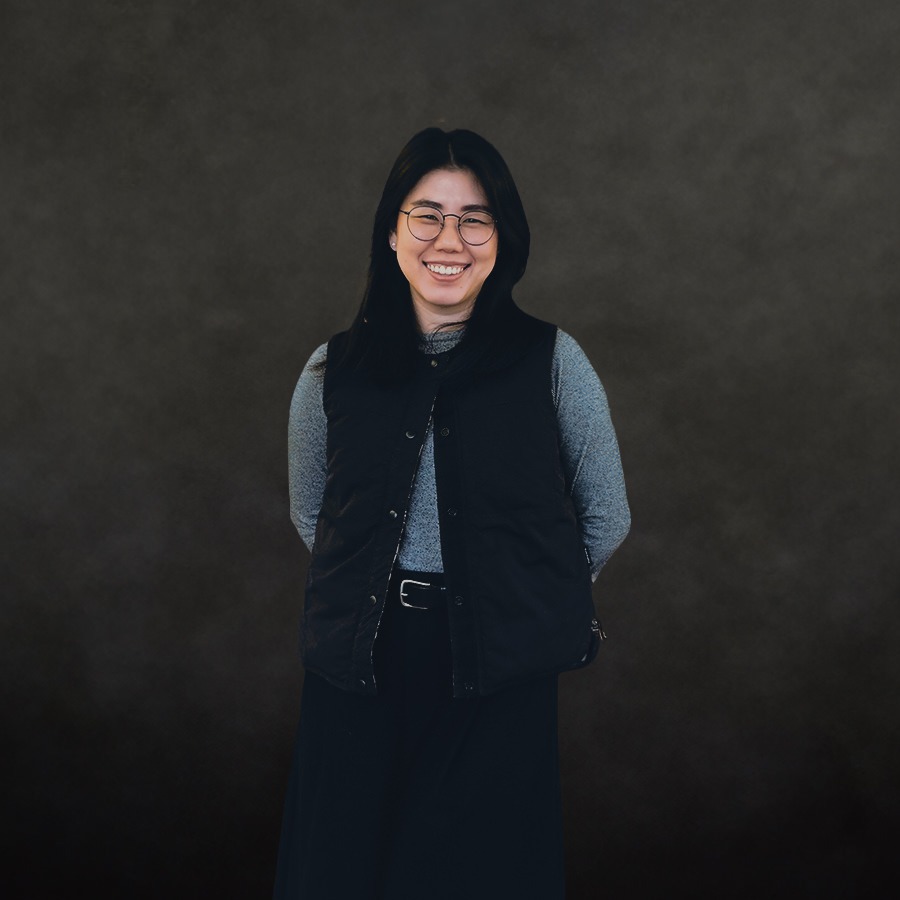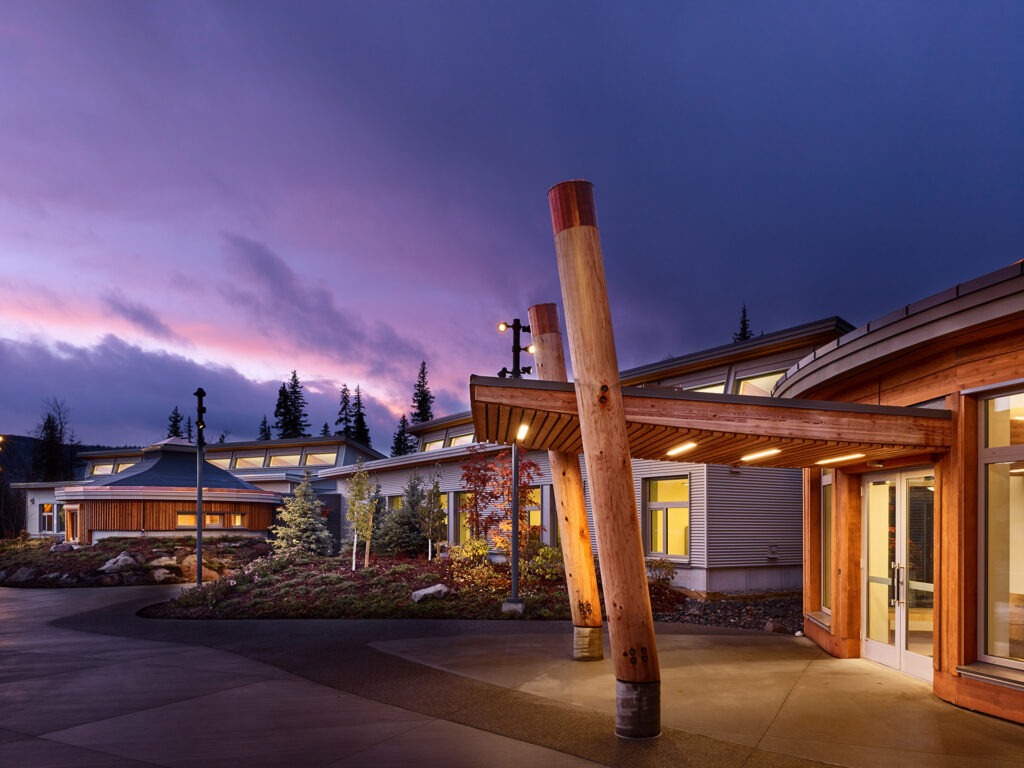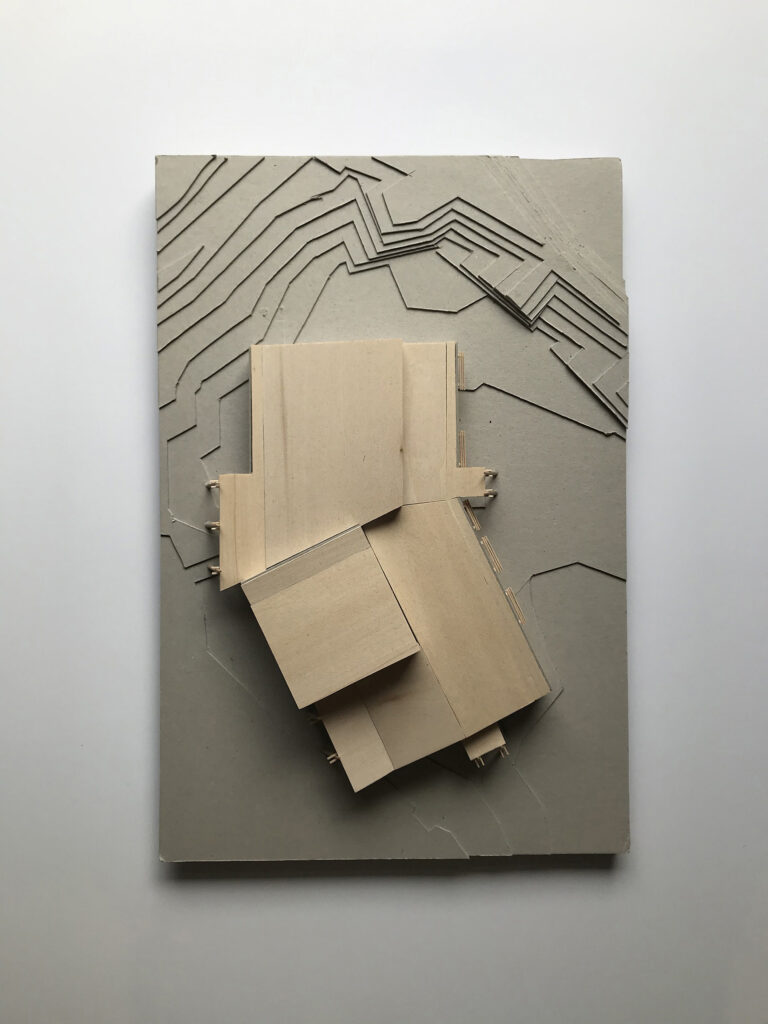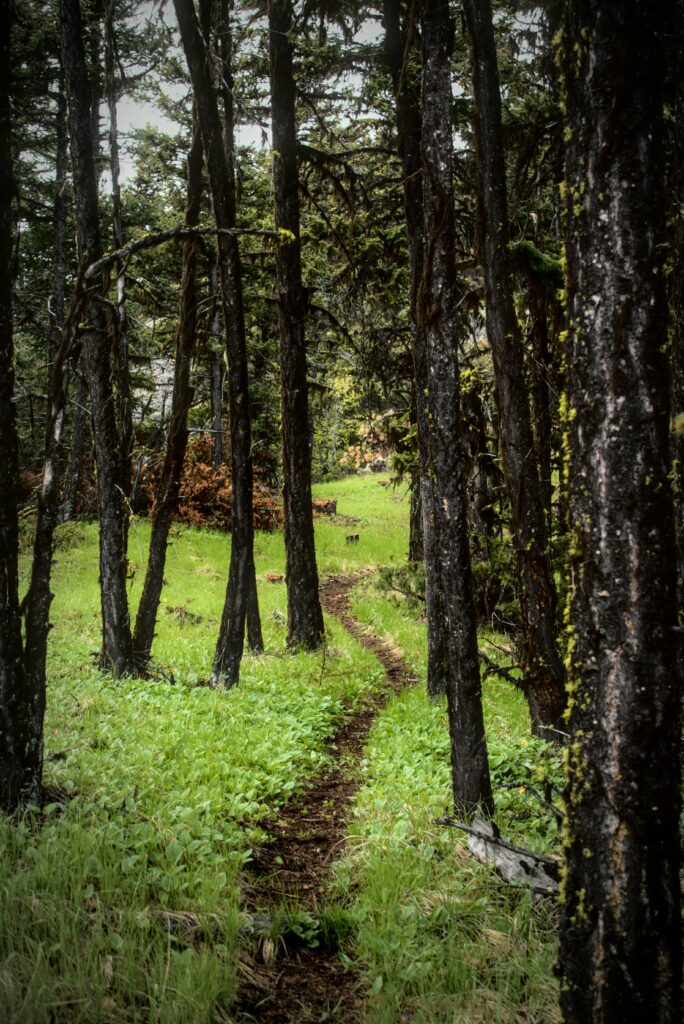We must also acknowledge the depth of the losses created by the dispossession of Indigenous lands that now form the country of Canada. While we live and work within the borders of this country we understand the lands that support us were stolen and exploited as part of the colonial project. As a design collective located on lands traditionally inhabited by the Coast Salish peoples for thousands of years prior to Canada’s establishment, we acknowledge our position as settlers.
We are also cognizant that the prosperity and conveniences of settler lifestyles in Canada have been sustained by economic policies rooted in the extraction and exploitation of appropriated lands. These policies persist in inflicting harm upon Indigenous communities, with a particular impact on women and girls, and they are ultimately causing the degradation of the very land upon which we all rely.
In light of these realities we come to our work with renewed commitment not only to answer the calls to action from the Truth and Reconciliation Commission (TRC) and adhere to the United Nations Declaration on the Rights of Indigenous Peoples (UNDRIP) but to go beyond compliance. We pledge to strengthen our relationships through active listening, continuous learning about indigenous histories, realities, and ways of knowing, and we commit to making changes to our business practices so that the communities we work with can benefit in multiple ways.
Our goal is to deepen the meaning, collaboration, and community-led nature of our consultations, and ultimately, to create projects where the work of reconciliation becomes a living reality.
